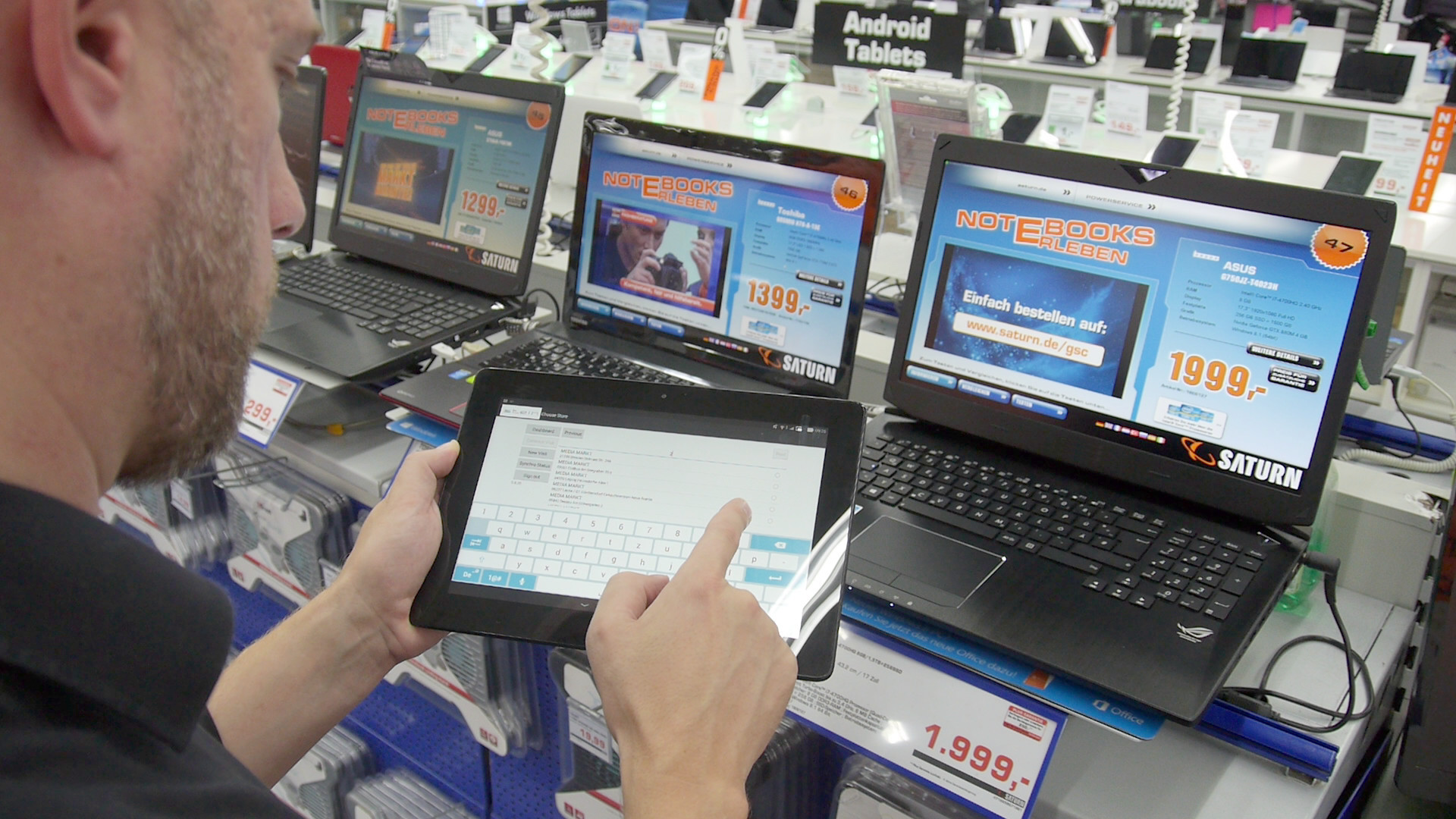A company’s sales division plays a decisive role in the successful marketing of a product because it can make sure that the product is available to the customer. So why should this important business area be outsourced to an external agency’s sales force? There are sound reasons to do so, as clear advantages can be seen in terms of costs and efficiency.
What do you expect from a sales unit?
In order to market a product or a product group successfully, availability is of vital importance. Articles for sale must be accessible to customers in the right quantity and through the right channels – and this is a task for the sales division. Sales strategy and processes are essential to this interface between warehouse and salesroom. They should be prepared and put into practice by qualified and competent staff – and this is where we find some compelling arguments for employing an external sales force.
What are the advantages of an external sales unit?
If a company outsources its sales division, or parts of it, it will benefit in many ways:
- The agency’s sales force is qualified for the desired sales channels and product group. It can act flexibly and react more appropriately, by means of evaluation of databanks and reporting. This means that an agency can work in a more focused and concentrated manner.
- An agency has the back office and infrastructure to control and evaluate sales activities and can also advise on their optimisation.
- Sales costs can be adjusted flexibly according to requirements. The external sales force is performance- and result-oriented, enabling clear savings compared to corporate sales divisions.
- Reliable and detailed reporting by the sales force makes costs – and savings – transparent.
- The external sales force does not have to substitute the corporate sales division completely, but can cooperate with and, in particular, complement the field service.
- By employing a qualified external sales force, the company reduces its risk of high fixed costs and absence.
Possible operation of an external sales unit:
A good example of how an outsourced sales unit might be organised can be found in the Consumer Electronics sector. Companies offering products for the mass market in this segment must manage a complex sales structure. For stationary trade, the large electronics discounters alone have several hundred stores in Germany that must be reliably supplied with products, without losing sight of sales floor presentation. Additionally, there are several thousand specialised retailers all over Germany.
The Hamburg-based POS agency, Stein, has been supporting various customers with exactly these sales requirements for years. Managing Director Lars Roisch describes his experience: “The large number of outlets makes it difficult for companies to maintain a overview of each individual point of sale. This lack of transparency can result in a loss of turnover.” For him, the task of a sales force is not only to organise the sale of products. It is just as essential to maintain an overview of the presentation of products, sales potentials, POS design and product placement.
An agency like Stein has a back office infrastructure that enables their qualified sales force to oversee sales and marketing for their customers. Roisch: “For this purpose, each employee is assigned their own sales areas, implementing sales and marketing measures at the local points of sale.” For a computer manufacturer, for example, Stein implemented the following steps:
- regular visits to the individual stores and partnerships
- sell-in of customer portfolio
- planning of regional brochures
- setting up and expanding the dealership structure
- opening new sales channels
- training of dealership personnel, including the corresponding training certification with a focus on the premium product range
- care of exhibition areas and existing sales areas at the customer’s site as well as optimisation of product presentation
- installation of POS materials and adequate demo contents
In the field of Consumer Electronics, steps leading to sales promotions for the premium product range are particularly important, as margins are very small in the low-price segment.
The sales force always acts on behalf of the customer. Lars Roisch: “In order to emphasise brand identification, we provide our sales staff with clothing and business cards branded with the customer’s corporate logo plus all necessary work equipment.”
The significance of detailed reporting:
The Internet is not the only place where big data can be found. The sales force collects and reports a large amount of data. Primarily, this reporting is broken down into sales (turnover) and marketing.
The sales evaluation comprises all figures related to sell-in at outlets – they are based on the weekly crude data of the distribution. The figures can be evaluated as a whole, or in terms of product and marketing levels.
Marketing focuses on the POS: how are the products placed, how comprehensively is the POS designed and what state is it in? Items that were formerly recorded in long lists are now tracked by means of mobile terminals; they are entered into specially programmed applications and fed into the agency’s EDP, partly in real time. Lars Roisch sums up the areas Stein has covered for the computer manufacturer: “For this customer, our sales force checked the following points at the POS:
- a hygiene score assessing the state of the area, in line with set parameters and showing whether the POS materials provided have been completely installed at the outlet;
- product placement of their own and competitor’s products at the outlet – including product name, specification, price and photo as well as whether the placement is on a pallet, on the shelves or in a dedicated, hired area;
- an in-shop share, resulting from the details of the verified product placement;
- detailed photographic documentation, individually produced.”
These data are evaluated by the sales force back office and the results made available to the sales force representatives – they can then be used as a basis for successful on-site work.
Not only does the client have a qualified and experienced sales force organising their sales, they are also provided with effective data evaluation, which enables prompt adjustment and optimisation. Moreover, there is a distinct cost advantage due to the performance- and result-oriented work of the sales force.



